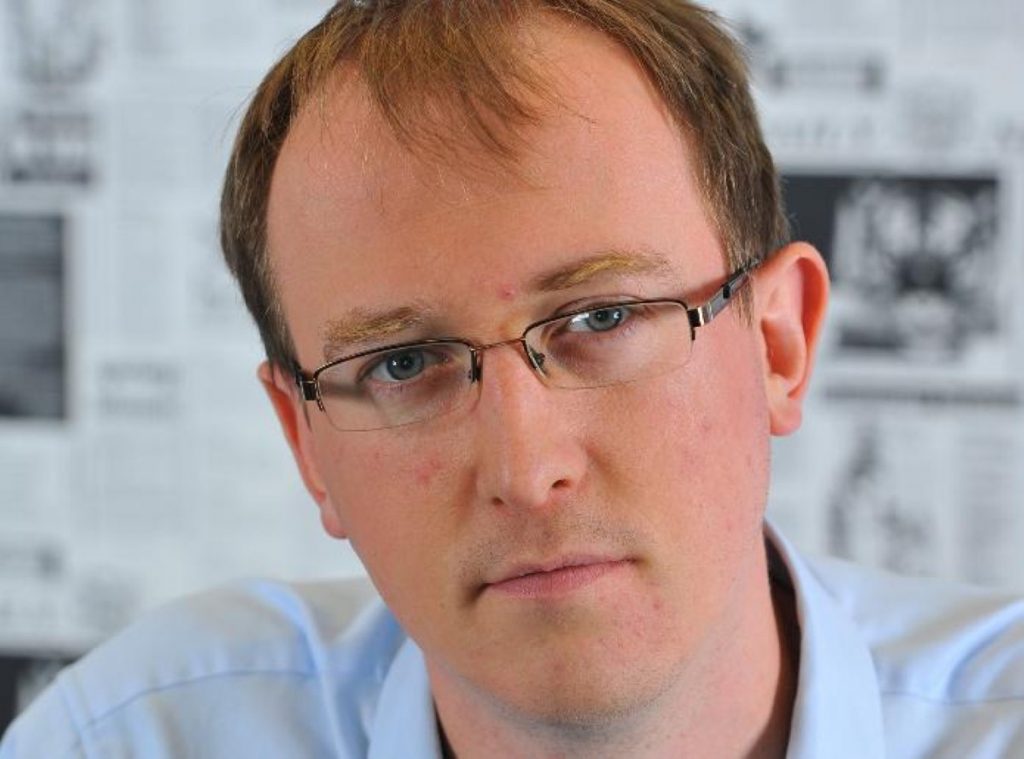Comment: Labour hasn’t fixed its biggest 2010 problems
After three years of Ed Miliband, Labour still hasn't fixed any of the big internal issues it must resolve by 2015.
Back then, after 156 consecutive months in government under Tony Blair and Gordon Brown, Labour felt like it had all the time in the world to rally, recover and win again in 2015.
Of course political parties never like losing power. But there was a sense after the 2010 general election that the Labour party had been reconciling itself to the prospect for some time.
The leadership contest which dominated that summer and culminated three years ago this week was partly a genuine debate about the party's future, partly a soothing balm to make bruised activists feel better.


Back then Labour had five long years to get its act together and present a revived agenda for a return to government.
Three years have now passed. Many party members in Brighton this week will be asking themselves: where did all the time go?
Labour's tortuous policy review is supposed to be the answer, but it has taken until now to start bearing fruit.
Even some of the ideas now emerging are deeply controversial, like the suggestion that benefit claimants could have their welfare withdrawn if they do not give their children the MMR vaccination.
The 'draft' policies now being unveiled will be honed over the next 12 months before the final process of compiling a general election manifesto takes place.
In the meantime we can expect to be spoon-fed little nuggets of policy ideas – allowing journalists to build up a frustratingly limited picture of the kind of Labour government we might see after 2015.
Three years on from 2010, the idea of Ed Miliband walking into Downing Street still seems as preposterous as it did back then.
Miliband's personal struggles will receive copious column inches this week – and deservedly so. His leadership style is hampered by a geeky persona which will become even more unhelpful come the television debates in 2015.
Labour's problem is broader than just one man, though. The real failure of the opposition over the last three years has been an inability to move on from its past.
This will matter the most in 2015 on the economy, the single issue we already know will dominate the contest.
Thanks in part to a relentless battering of New Labour's legacy by the Conservatives and Liberal Democrats, Miliband and shadow chancellor Ed Balls have failed to shake off the belief that this mess is all their fault.
The reputation of spin and bitter malevolence associated with it has not faded, either.
Revelations from Damian McBride are reminding voters once again how capable Labour was of extraordinarily vicious infighting that makes David Cameron's tussles with his eurosceptics seem as brutal as a boxing match between two penguins.
If there are any bruisers left on the left-wing of British politics they can be found in the trade union movement.
Miliband, maybe unwisely, has picked a fight with them. He only did so as the boldest response to a political embarrassment which has dogged him since his election.
The idea that 'Red Ed' is in hock to the unions is finally being confronted this year. Did it really have to take this long to address this?
On all these issues – the economy, spin and the union link – Labour in 2013 remains haunted by its past. These were all obstacles to a 2015 victory three years ago. They all remain unresolved right now.
The context has to bear some of the responsibility. Austerity might have played into Balls' narrative of a growth choked off by deficit reduction, but the prolonged flatlining has only served to extend the public's frustration at Labour for starting it all off.
Most of the blame lies with the people and the culture within the Labour party, though.
Labour dynamics are deep-rooted. It has been many decades since the left wing of British politics operated without some kind of factional rivalry and even now the old Blairite-Brownite divide continues to define internal party politics.
Are Miliband and Balls the right pair to escape from the straitjackets of the past?
Balls, in particular, has a reputation for being a briefer and a schemer. Miliband doesn't get much stick for this but the decisive involvement of the trade unions in the 2010 leadership election has had a remarkably damaging legacy.
There is still time for Labour's chiefs to get their house in order by 2015.
After three years in charge – as long as Gordon Brown led the party, let's not forget – it looks like they are making very limited progress.
That's why this week in Brighton is so critical. On the economy, Balls must do something to raise Labour's credibility with voters.
The attempt to get the Office of Budget Responsibility to double-check Labour's 'sums', in this context, seems like a smart move.
On the culture of spin, it's about minimising internal party conflict. The shadow Cabinet does a good job of keeping its tensions under wraps but this will become harder and harder – starting in the next few days, as firmer policy ideas begin to emerge.
Then there's the unions. The deadline of a special conference next spring makes this week's gathering a warm-up act.
It is a critical one, though. Union chiefs will be testing the Labour party's resolve and calculating how strongly they can mount resistance to Miliband's reforms.
If progress is made on all three of these headaches, Miliband will still have just enough time to get Labour ready to fight a strong campaign in 2015.
He's left it very late though – making an already tricky job much harder.












